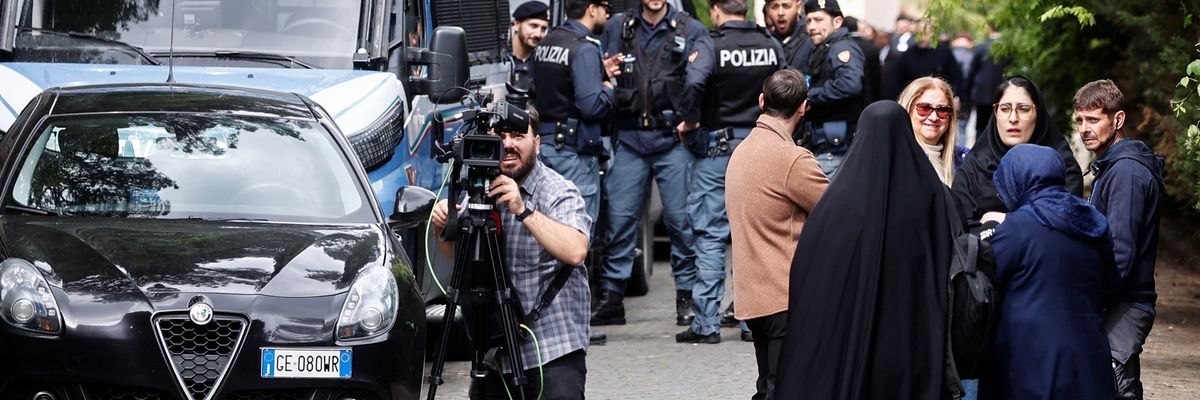Another round of constructive nuclear talks has been held with the help of the Omani mediators and Italian hosts. Though it is too early for a breakthrough, the momentum remains positive and is growing.
As a critical sign of strong political will on both sides for a deal, the pace of the talks is increasing, with technical talks being held in four days and another round of political discussions in seven days, according to officials.
While success is far from guaranteed, a pathway to success is starting to emerge. Still, hard issues remain unresolved, such as Tehran's demands for airtight guarantees that the US will stick to the deal.
But Trump has a chance to score a better deal than the 2015 agreement due to a willingness to put primary sanctions relief on the table. The opening of the Iranian market to American companies is a win-win. Iran's economy is in dire need of relief, and American companies would benefit greatly from access to this major, largely untapped market. The presence of American companies in the Iranian market may also be the most efficient political guarantee that the US will stick to the agreement.
Oman's constructive role continues to impress. Some countries help America find peace. And then there are countries trying to drag America into war. America is very fortunate to have Oman as a friend.
















